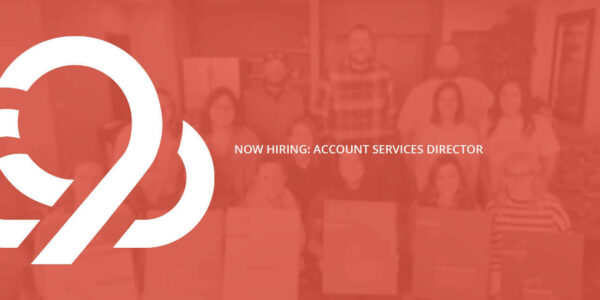
Sometimes a Strong Leader Says No
“Sure, I’ll take care of it.”
I’ve said or typed those words (or some similar iteration) probably a million times. I’m a fixer. I’m Jim Carrey at the end of Yes, Man. I. Never. Say. No.
And it’s got to stop.
Saying no — personally and professionally — doesn’t show weakness, but rather strong leadership skills. Let’s all start saying no together for our own sanity.
The Ask
No matter where you work or what your position, you will get asked to do work that’s outside of your job description. It’s inevitable that someone will need help, and you’ll be identified as a source.
Should you say yes?
Ask yourself the following questions:
- Do I realistically have time to finish this project in the requested amount of time?
- Will my actual tasks get put on the back burner if I say yes?
- Am I the best person to do this project? (Really think on this one.)
Did you hesitate or think “Nope” to anyone of those questions? Then say no. Tell your coworker, your boss, your client — whoever — that this isn’t something you can help with.
Here’s how.
The No
There’s no need to make up excuses for your no. Simply be honest about your reasoning. If the task will overwhelm you, or if you aren’t the most qualified person to work on the project, say so.
In some cases, that might give your boss a reason to provide additional training or support, which could set you up for better positions in the future.
You also shouldn’t be afraid to voice your concerns. Any good manager will be grateful to hear you ask for help when you need it, rather than see you take on too much and submit lower-quality work.
Saying no, though, shouldn’t be the end of the conversation. At 9 Clouds, we often say, “Don’t present a problem without offering a solution.”
If you’re unable to help but have suggestions for how to keep the project moving, have those ready. Your employer will be thankful for the fix — even if you’re not going to do it yourself.
The Result
Leadership skills aren’t just about taking on every opportunity that comes your way.
In some cases, you should be thankful for the chance to say no. Turning down projects shows assurance in your abilities and time management. When you say no, you show self-respect.
Office culture is important to 9 Clouds, and we’re always working to improve our work/life balance — sometimes by saying no. Find out why emotional wellbeing is such an important value to our company.



![Human vs AI A/B Test [Spoiler Alert: Humans Win!]](https://9clouds.com/wp-content/uploads/2024/02/Volvo-dealership-1-600x388.png)


